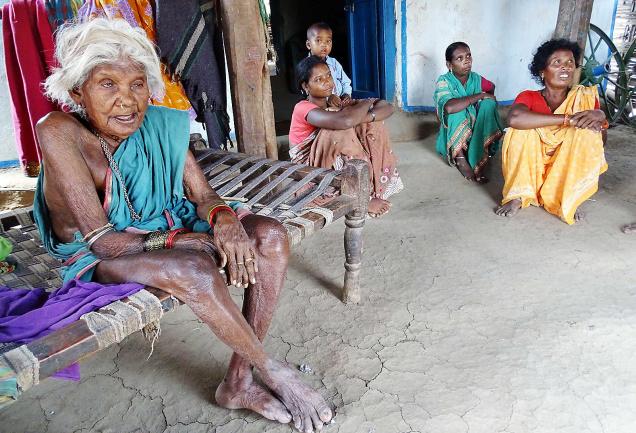
The village of Jodeghat may have rightly become synonymous with the struggle for rights on forest land waged by legendary Gond rebel Kumra Bheemu, now famously known as Kumram Bheem, in the late 1930s and in 1940s as he attained martyrdom there. There, however, is another lesser known village of Babejhari located on the same Kerameri highlands in Adilabad district which needs to get its due recognition as it was the centre of Bheem’s activities for almost the entire period of the struggle against the Nizam’s forest and land policy.
The Babejhari and Jodeghat incidents find a mention in the research paper of social anthropologist Urmila Pingle titled ‘C. von. Furer-Haimendorf: Half a century of his imprint on Tribal Welfare in Andhra Pradesh’. Though brief, this is by far the most authentic of the accounts pertaining to Kumram Bheem and his times as Ms. Pingle had been an associate of professor Haimendorf and evidently got to know of the events through him.
According to the researcher, the rebellion of Kumram Bheem was a result of the forest conservancy move of the Nizam’s government which included eviction of human habitations from forests. Kumram Bheem’s was a small rebellion called Babejhari, named after the village in which it occurred, she notes.
Bheem evidently chose to settle at Babejhari for its seclusion after all his lands in his native village in Asifabad went under illegal occupation of non-tribals. It was at this village that he raised the issue of jal, jangal and jameen and untiringly campaigned for the rights to forest lands in the neighbouring villages in 1939 and 1940.
His new home, nevertheless, was not to be that as he and others who had arrived at Babejhari were forcibly evicted and their huts were razed. At this juncture, Bheem and his dedicated band of Adivasis migrated to Jodeghat where they cleared some forest land for cultivation.
The forest guards turned out to be a difficult lot as they demanded huge bribes from the tribals for tilling forest clearings. Without bribes, they refused to honour even a written permission issued by no less than the Nizam himself to the Adivasis to cultivate 57 acres in Jodeghat.
As the Gond leader refused to evacuate the habitation under pressure from the forest officials, he had to face the consequences. In an unequal battle on September 1, 1940 he and 15 others lost their lives.
Following the Nizam government’s forest conservancy move, Kumram Bheem settled at Babejhari and it was here that he raised the issue of jal, jangal and jameen
source: http://www.thehindu.com / The Hindu / Home> National> Telangana / by S.Harpal Singh / October 27th, 2015